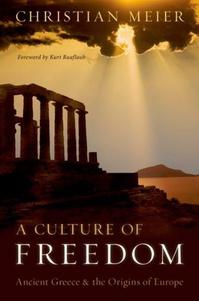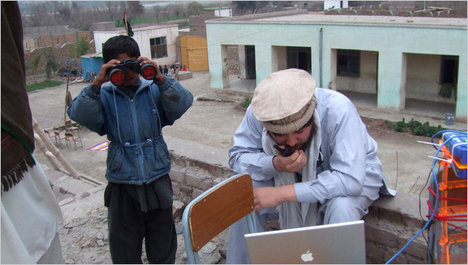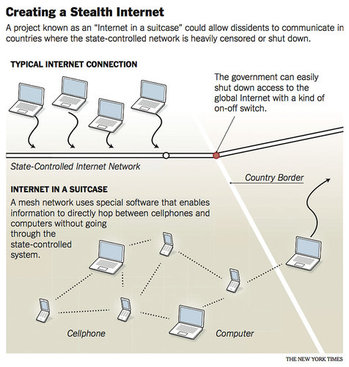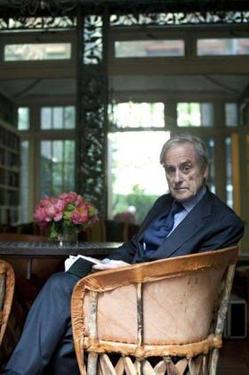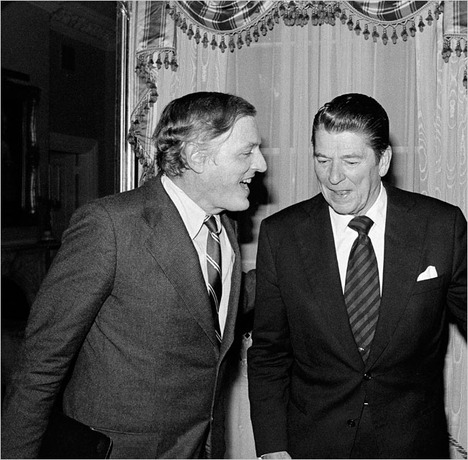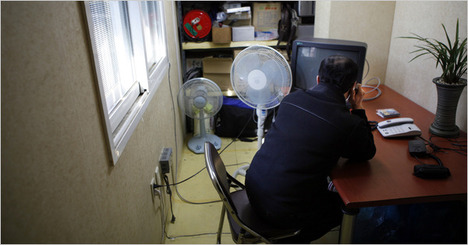(p. 12) Havana
OUTSIDE the sun is blindingly hot, and in the immigration office 100 people are sweating profusely. But no one complains. A critical word, a demanding attitude, could end in punishment. So we all wait silently for a “white card,” authorization to travel outside Cuba.
The white card is a piece of the migratory absurdities that prevent Cubans from freely leaving and entering their own country. It is our own Berlin Wall without the concrete, the land-mining of our borders without explosives. A wall made of paperwork and stamps, overseen by the grim stares of soldiers. This capricious exit permit costs over $200, a year’s salary for the average Cuban. But money is not enough. Nor is a valid passport. We must also meet other, unwritten requirements, ideological and political conditions that make us eligible, or not, to board a plane.
. . .
Thousands of Cubans have been condemned to immobility on this island, though no court has issued such a verdict. Our “crime” is thinking critically of the government, being a member of an opposition group or subscribing to a platform in defense of human rights.
In my case, I can flaunt the sad record of having received 19 denials since 2008 of my applications for a white card.
. . .
That same afternoon, as I was issued one more denial, my cellphone rang insistently in my pocket. A broken voice related to me the last moments in the life of Juan Wilfredo Soto, a dissident who died several days after being handcuffed and beaten by the police in a public park. I sat down to steady myself, my ears ringing, my face flush.
I went home and looked at my passport, full of visas to enter a dozen countries but lacking any authorization to leave my own. Next to its blue cover my husband placed a report of the details of Juan Wilfredo Soto’s death. Looking from his face in the photograph to the national seal on my passport, I could only conclude that in Cuba, nothing has changed.
For the full commentary, see:
YOANI SANCHEZ. “The Dream of Leaving Cuba.” The New York Times, SundayReview Section (Sun., April 22, 2012): 12.
(Note: ellipses added.)
(Note: the online version of the commentary is dated April 21, 2012.)


